Why It Is Important For You to Vaccinate ALL of Your Pets
In recent months, there have been a number of articles in Maine newspapers about confirmed cases of rabies in wildlife. People often forget that wildlife, while cute, beautiful, or exotic, can be dangerous. Game wardens and rangers tell us never to approach wildlife, especially those who appear to be acting strangely. Most wildlife will go to great lengths to avoid contact with humans so any attempt of a wild animal to come closer should be avoided.
Rabies is a fatal virus and a public health problem. All mammals are believed to be susceptible to the disease. Usually, it is transmitted from animal to animal through bites. The incubation period varies widely; in domestic animals, it is usually 3-12 weeks but can range from several days to months, rarely exceeding 6 months. Signs of rabies include inappetance, difficulty swallowing, abnormal behavior, loss of coordination, paralysis and seizures. Death follows quickly. Currently, there are no known effective rabies antiviral drugs.
Many of us got our first lesson on rabies from the movie “Old Yeller”. It was an emotionally graphic, wrenching story of a dog that contracts rabies on a Texas ranch protecting his homesteading family from a rabid wolf. While I will maintain forever that a well-told story conveys a message faster than any textbook, it is vital to back fiction with fact.
One of the best sites for accurate, clinical information is the Centers for Disease Control website: http://www.cdc.gov/rabies/ This site contains up-to-date information for both human and animal care.
As a veterinary office, we cannot diagnose human maladies or possible symptoms of any type; however, when there is a public risk for disease that can be transmitted through animals, we always advise people to contact their human healthcare provider for advice. And in the case of rabies, we encourage people to visit the CDC website.
Also, a human emergency department is familiar with rabies exposure protocols and is another valuable source of information. (If you are interested in case studies:http://www.cdc.gov/rabies/location/usa/surveillance/human_rabies.html )
We can discuss rabies and your pets. The greatest risk for exposure we have found is via the aforementioned wildlife: raccoons, foxes, woodchucks, skunks and bats. These are the most common, but other mammals are not immune.Healthy wildlife will not look to encounter you or your animals except when looking for food; and even then, they will not approach you.
What we would like to emphasize is how easy it is to protect your pets and livestock from rabies: vaccination.
The first rabies vaccine for any dog lasts for 1 year; subsequent inoculations have a 3-year duration. Cats have a slightly different protocol: it is a yearly injection since the safest vaccine (for the cat) has a shorter life once injected. Many people feel that if their cats are indoor only, rabies vaccines are not warranted.
The state of Maine feels differently (it is state law to vaccinate against rabies) and so do we: every year, we have clients call to say “My cat caught a bat last night!” But because the cat was not up to date with her rabies vaccines, she will need to be quarantined in order to protect the humans in the household; if she was vaccinated within the last year, she would only need a booster.
Likewise, if your dog comes into contact with a raccoon or a stray dog who gets away from the encounter and his rabies vaccine has just expired, animal control must be contacted and quarantine enforced. Most times, it is a matter of “house arrest” whereby your dog cannot have contact with anyone outside the immediate family. But that also means no play dates, no long walks, no fun. While it is sometimes hard to find the time to get to the vet before rabies vaccines expire, it is well worth your while to make the time. We send out reminders a few weeks in advance of the due date so that we can coordinate scheduling.
About 3 years ago, Maine law began requiring veterinarians to submit a monthly report of all canine rabies inoculations administered. In turn, the state then disperses that information to the towns in order for them to keep track of dogs in their jurisdictions. We’ve had a few clients call believing that we purposely reported them to their towns for not registering their dogs.
We explain that the Department of Agriculture chose this way to help towns fund their animal control departments, as well as send monies to various animal shelters. It is by no means meant as an affront to the independent Maine spirit.Usually, when we let people know that this money can be all the funding some shelters receive in terms of state assistance, they agree that helping animals is worth supporting!
An added benefit is that if your dog gets loose with a rabies tag and registration tag on his collar, animal control can easily find out who the animal is and bring him home rather than take him to the local shelter where you would have to post bail!
An ounce of prevention truly is worth a pound of cure in the case of rabies as there IS no cure. Prevention is all we have. Please take this disease seriously




